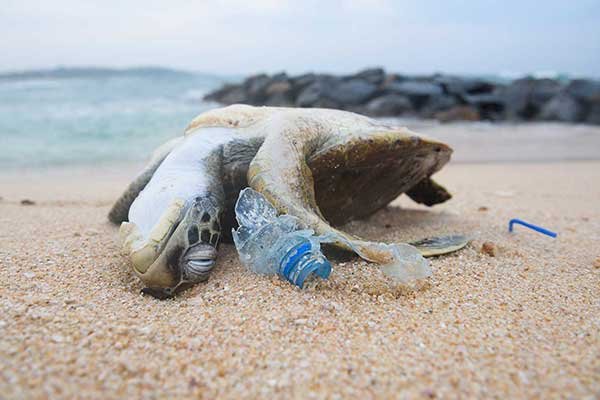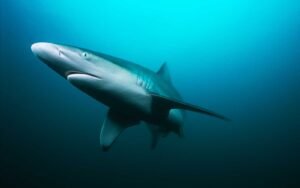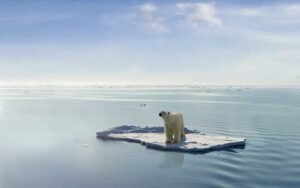Plastics are everyone’s problem
Our oceans are facing growing challenges from pollution, habitat loss, development, and
climate change. The impact of plastic and micro-plastics on our seas is outrageous and
devastating for many species. Learn more about what you can do to stop it.
The ocean downstream from nearly every terrestrial location, it is the receiving body for much
of the plastic waste generated on land. Several million tons of debris end up in the world’s
oceans every year, and much of it is improperly discarded plastic litter.
Here are just a few chilling facts:
- It is estimated that by 2050, oceans will carry more plastic mass than fish
- Plastic waste kills up to 1 million sea birds, 100,000 sea mammals, marine turtles, and
countless fish each year - 80% of all pollution in seas and oceans comes from land-based activities
- It’s not just animals: people are consuming microplastics too. Ewwww!
- A garbage truck’s worth of plastic is dumped into the ocean every single minute
Take action right now!
For a healthy planet, we need healthy oceans. Oceans cover 70% of the earth’s surface and they
are seriously under threat. We all need to do our part. Here are some things you can do right
now:
- Refuse single-use plastics
- Only consume sustainable seafood
- Speak up! Contact your representatives and let them know you are concerned.
The world is changing and finding a sustainable balance between the planet, people and profit
is challenging. Our vision is to raise awareness, encouraging more sustainable approaches and
choices. We need to help protect this fascinating environment and all the life that depends on it
to survive. Be the change, educate yourself and make smart choices, support businesses that
provide sustainable experiences and harvesting. Protect what you love!
We need everyone to help fight the plastic problem. Start now, before it’s too late.



